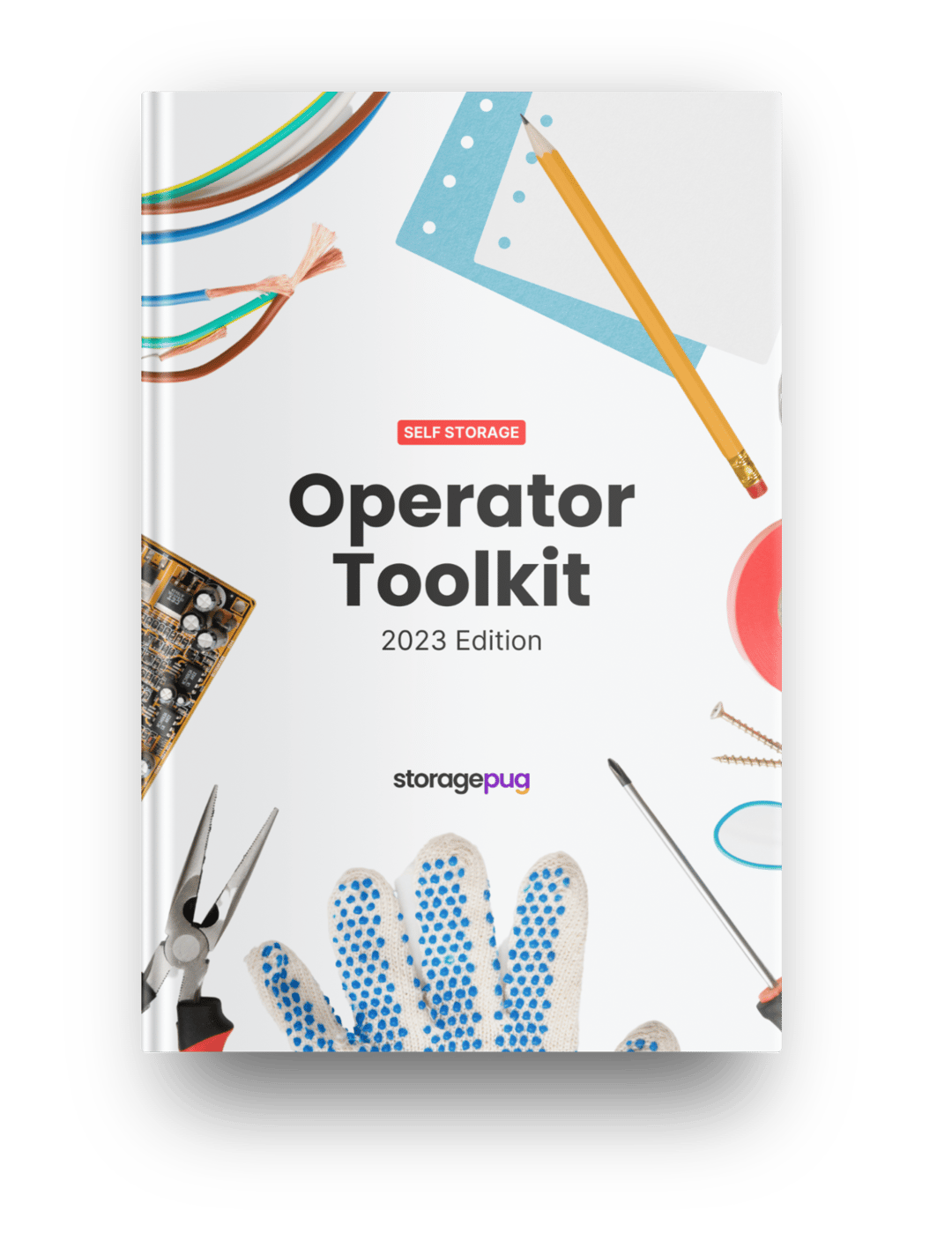Menu
July 27, 2022


Why DO businesses charge fees if you pay with a card or if your card purchase isn’t high enough? Why are there minimum card purchase limits at some establishments?
Much like any business, self storage businesses have to go through payment processors, sometimes called merchant account services, to process payments from their customers. But do you really understand how much you’re paying when you do business with a payment processor?
Understanding all of the fees involved—and which processor is right for you—can be tough.

Many consumers don’t often think about it, but every transaction involves more than just the customer and the person accepting the payment.
And if there is someone involved in a business transaction, you can bet they’re getting paid somehow.
When it comes to processing payments, your payment processor—also referred to as merchant account service—is going to make money somehow for the service they provide. It just makes sense. After all, you’re not going to lend out your storage units for free, either.
For self storage, your property management software decides which payment processor they use. Operators don't have much choice in the matter, short of changing your PMS - but its important to understand what you're paying for.
There are three main types of fees you should be aware of when choosing your payment processor or deciding if you need to make a change.
Does anything about that list stand out to you?
That’s right. Fees aren’t just paid when your customers make payments. They’re also levied for other reasons such as account setup, account maintenance, and incidental events that are harder to predict.
Transaction fees occur every time your self storage business processes a payment
If the payment is going through the merchant account service chosen by your PMS, this is the fee you pay them to process it.
The amount will vary based on the pricing model the payment processor uses, and this is one of the most important aspects of choosing the right payment processor for your self storage business.
These transaction charges also include the interchange rates. Interchange fees are charged by the bank that handles the transaction to cover the costs that card companies charge the bank.
Incidental fees are charges that you can’t reliably plan for.
A good example of an incidental fee is a chargeback from a customer’s card.
You couldn’t expect this was going to happen. It was incidental, something that wasn’t part of the main transaction fees but came along with them anyway.
Account fees involve maintenance of the account, statements, and other administrative costs.
Most merchant account services won’t just charge you for processing your customer’s card payments—they’ll also get you on the back end, making you pay just to have an account with them.
Your payment processing provider may charge you monthly or annually just to do business with them. Additionally, there could be monthly minimums you have to meet in transaction fees to avoid paying additional monthly account fees.
There’s more to think about than just what fees are out there.
Imagine you’re faced with two payment processors, and you need to decide which one to use for your self storage business:
Seems like A is your clear choice, right?
Well, maybe.
The fact is, the pricing models of your transaction fees could make the difference in A and B’s costs.
Let’s add another piece to the puzzle:
What are tiered and flat-rate pricing models?
Just as they sound, tiered pricing models are fee-assigning methods that have more depth than their flat-rate cousins. Depending on different aspects of the transaction, it can cost you more or less in fees. The most common factor considered when making these tiers is whether it is a qualified, mid-qualified, or non-qualified transaction. This will change depending on things such as whether or not your customer’s card offers rewards, is a business card, and more.
This makes tiered pricing less predictable.
Meanwhile, a flat-rate model levies the same fee rate for every transaction. This makes your payments very predictable. You may be charged a % of each transaction, a fixed dollar amount, or a combination of the two. Either way, you know what to expect with every transaction.
In many tiered models, your self storage business could theoretically pay much less in fees than if they went with a flat rate. However, you can’t guarantee that—it’s also entirely possible that you end up paying much more due to the transaction types falling under the higher-priced range.
This is something to ask your property management software company about! Regardless of which style they use, payment processing will be a significant cost, and you can make better decisions now that you know what to look for.
Find out more about running your facility with these posts!
At StoragePug, we build self storage websites that make it easy for new customers to find you and easy for them to rent from you.
